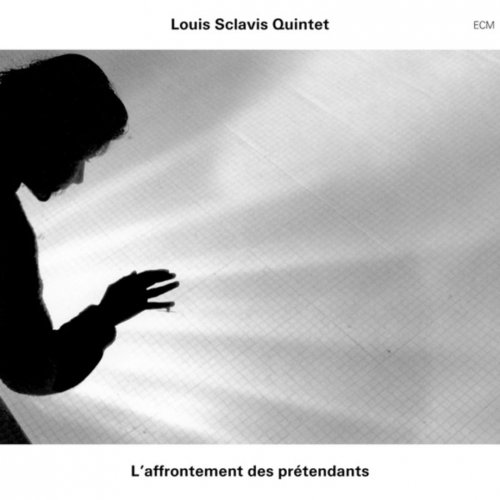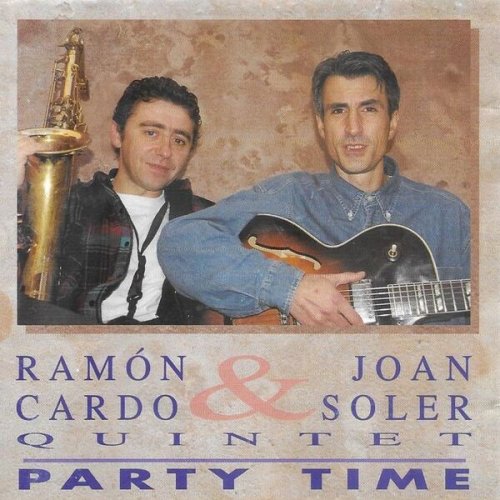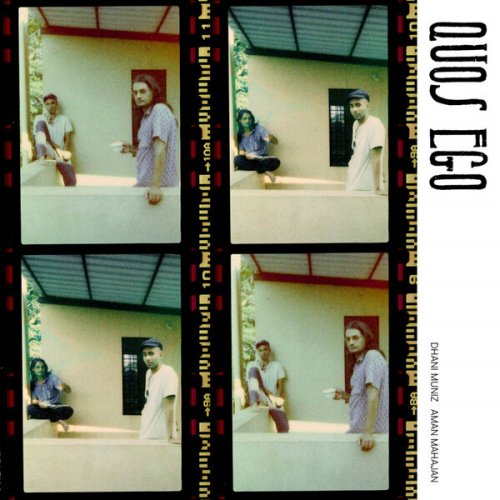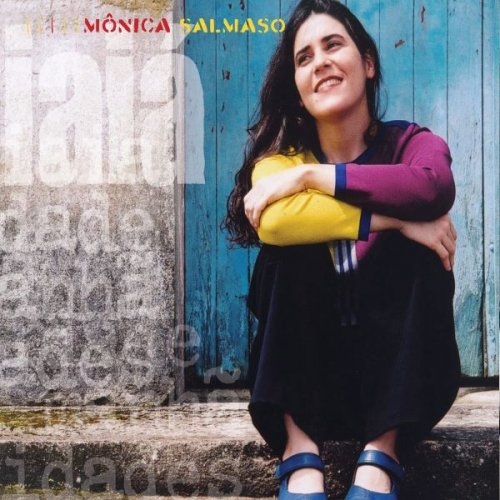Louis Sclavis - L'Affrontement Des Pretendants (2001)

Artist: Louis Sclavis
Title: L'Affrontement Des Pretendants
Year Of Release: 2001
Label: ECM
Genre: Jazz, Avant-Garde, Modern Creative
Quality: FLAC (tracks+.cue,log,scans)
Total Time: 63:43
Total Size: 372 Mb
WebSite: Album Preview
Tracklist: Title: L'Affrontement Des Pretendants
Year Of Release: 2001
Label: ECM
Genre: Jazz, Avant-Garde, Modern Creative
Quality: FLAC (tracks+.cue,log,scans)
Total Time: 63:43
Total Size: 372 Mb
WebSite: Album Preview
1 - L'Affrontement Des Prétendants (Louis Sclavis) 8:41
2 - Distances (Louis Sclavis, Vincent Courtois) 3:16
3 - Contre Contre (Louis Sclavis) 6:36
4 - Hors Les Murs (Bruno Chevillon) 2:50
5 - Possibles (Louis Sclavis) 5:20
6 - Hommage À Lounès Matoub (Louis Sclavis) 16:55
7 - Le Temps D'Après (Louis Sclavis) 8:02
8 - Maputo Introduction (Louis Sclavis) 2:32
9 - Maputo (Louis Sclavis) 6:27
10 - La Mémoire Des Mains (Louis Sclavis, Bruno Chevillon, François Merville) 2:29
Louis Sclavis (clarinet, bass clarinet, soprano saxophone)
Jean-Luc Capozzo (trumpet)
Vincent Courtois (cello)
Bruno Chevillon (bass)
François Merville (drums)
The latest ECM date by clarinetist and soprano saxophonist Louis Sclavis moves astray from his previous concept-oriented albums and toward musical settings that showcase his stunning new quintet. The only remaining member from his last band is bassist Bruno Chevillon. Once again, however, Sclavis gives listeners a puzzle to solve in the title: Who are these confrontational pretenders? Or, does the reference suggest that these very same pretenders are staking a claim to a throne or position of authority? Both cases may be self-referential given the absolute musical muscle on display here. The title track that opens the disc features a streaming trumpet workout by the all-but-unknown Jean Luc Capozzo. His playing comes from many sources, the most recent of which are Wadada Leo Smith and Lester Bowie, and the influence of African and Arab musical modalities that inform his melodic improvisations. His lyric line is complex, long, and knotty, bringing both harmonic and modal considerations to the fore. Rhythm in this band is also provocative, given that there is no pianist to muck things up. Cellist Vincent Courtois covers a lot of this territory, leaving both Chevillon and drummer François Merville to break time, cross it, and stretch by means of interactive methodologies and interpretive interval signatures that may or may not come from Western music. Elsewhere, such as on "Distances," a swinging post-bop melodic phrasing is intercut with Parisian salon music. One can hear the humor of Erik Satie cascading through Sclavis' clarinet solo and the rich, triple-time cowbell beats stuttered by Merville. The music is as perverse as it is virtuosi. But the true musical marvel that is this quintet is on the mammoth suite "Hommage à Lounès Matoub," a tribute to the late Algerian protest singer who was assassinated in 1998. The mournful opening measures are played with heartbreaking grace by Capozzo, and give way to the solo dirge by Courtois, which is tinted with a trace of rage at its fringes. Six minutes in, the rest of the band enters, again led by Capozzo soloing, becoming the slain singer's voice in the heart of the mix. The North African-percussion styles employed by Merville criss-cross and undulate; they seem to imitate frame and raku drums. The tempo and mood pick up about ten minutes in, and here the ensemble moves through complex harmonic and modal territory, leaving their previously flexible style for a manner of playing that hints at transcendence and even victory, a musical space that suggests that memory is what triumphs because it carries on where a person cannot. This is a jazz group that moves from Coltrane-like intensity (Sclavis' soprano solo in the "Hommage" quotes "India" in three places and Steve Lacy's "Blinks" in two others) to a musical expressionism that echoes both Boulez and Messiaen. Finally, there is the presence of Africa that looms so heavily in Sclavis' musical heart, due to the amount of time he spends there, that it cannot help but be expressed alongside the other music. These West African melodies that at first come in hints and phrases assert themselves in tonal capacities as well as in solos. In sum, it is as a quintet this band plays, as a musical unit that is seasoned and confident and in full possession of its strengths and musical empathies. So democratic and accomplished is this band that it sounds as if it has no leader, but only music to play. And that's as high a compliment as any reviewer can pay.

![William Ackerman - Past Light (1983) [1997 Japanese Edition] William Ackerman - Past Light (1983) [1997 Japanese Edition]](https://www.dibpic.com/uploads/posts/2026-02/1771702726_001.jpg)


![Andy Gillmann - Acoustic Impulse (2026) [Hi-Res] Andy Gillmann - Acoustic Impulse (2026) [Hi-Res]](https://www.dibpic.com/uploads/posts/2026-02/1771564063_i2l6l2i7vv9qz_600.jpg)


![Vivian Rosie - Twilight Voodoo (2026 Remaster) [Hi-Res] Vivian Rosie - Twilight Voodoo (2026 Remaster) [Hi-Res]](https://www.dibpic.com/uploads/posts/2026-02/1771389602_cover.jpg)
